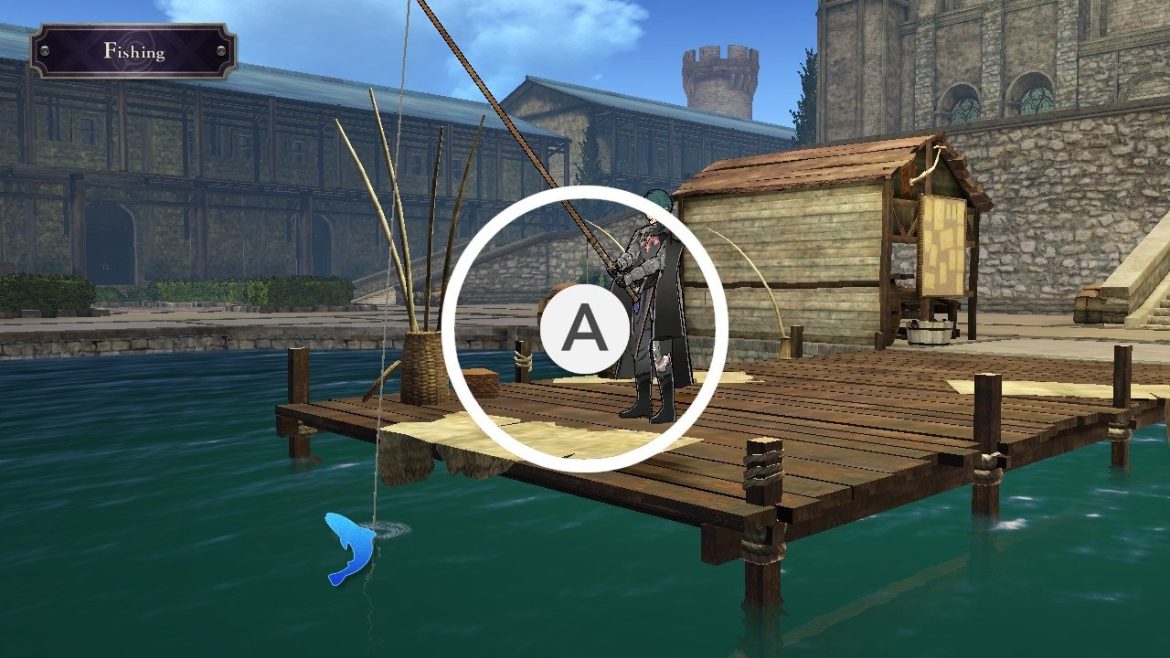Welcome back readers.
We’re running a shorter issue for this holiday (?) weekend, but don’t forget to submit your picks for our end-of-year review!
This Week in Videogame Blogging is a roundup highlighting the most important critical writing on games from the past seven days.
Modes of Production
This week we’re opening with a pair of large industry-scale pieces on culture and labour.
- How Black Myth: Wukong Developer’s History of Sexism Is Complicating its Journey to the West | IGN
Rebekah Valentine and Khee Hoon Chan situate a prominent AAA studio’s misogynistic rhetoric against a backdrop of broader industry toxicity both within China and internationally. - Video game company layoffs are creating an industry crisis | Polygon
Nicole Carpenter talks to developers and industry workers about the human cost of gaming’s layoffs epidemic.
“Though the game industry is a relatively young one, the systems in place have a deep chokehold, and change isn’t going to happen overnight. Change is coming — there are many more unions in the industry now, and even more incoming as workers organize themselves. That may not be much help to the people already laid off, but it brings hope for the future.”
Seeing and Becoming
This identity-themed pairing cuts across video and tabletop lines to examine games as a mode of queer self-examination.
- Queerbait in video games made growing up gay even harder | Gayming Magazine
Mahin Kesore reflects on the sidekicks, near-misses and almost-queer relationships in Fire Emblem and beyond. - You End Up Becoming Yourself | SPACE-BIFF!
Dan Thurot plays a game of becoming.
“Kaiju Table Battles is an unusual thing. It is as much a question as anything else. It asks us to consider the identity of its actors, its monsters, its players. The Selves it produces. I will never play the game again. But what we consider the not-game, I expect, I hope, I will never stop playing.”
Write Stuff
Now let’s talk about craft and technique in writing and translation.
- How Game Fans use Google Translate to Break Language Barriers and Create Joy for One Another | Press Play Gaming
Chris Lawn documents a collaborative effort to bring Hero’s Adventure: Road to Passion to an international audience via on-the-fly machine translation. - Dialogue Expressiveness in Mask of the Rose | Emily Short’s Interactive Storytelling
Emily Short breaks down the ins and outs of wardrobes, murderboards, and expression beyond reactivity in Mask of the Rose.
“Handling player knowledge is always a significant challenge in interactive narrative: while you can track what the player has seen during gameplay, you can’t track what they remember, and you definitely don’t know what they’ve concluded on their own. So if the aim is to present the player with the ability to articulate the state of the world as they actually understand it, you first have to find out what the player does understand. Which isn’t always easy.”
Critical Chaser
There are a surprising number of things that Miyamoto has never said.
- SOLVED: If Miyamoto Never Said His Most Famous Quote, Who Did? | A Critical Hit!
Kate Willaert untangles a decades-long game of telephone surrounding one of the industry’s most widely misattributed mantras.
“”A delayed game is eventually good, but a rushed game is forever bad” is a quote often attributed to Miyamoto, but where’s it really from?”
Subscribe
Critical Distance is community-supported. Our readers support us from as little as one dollar a month. Would you consider joining them?
Contribute
Have you read, seen, heard or otherwise experienced something new that made you think about games differently? Send it in!


